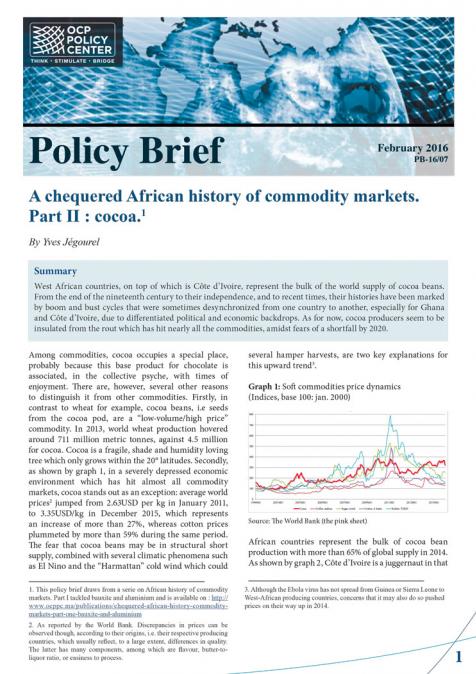Publications /
Policy Brief
Policy Brief
From a Bleak Global Outlook to Speculative Strategies: Understanding the Downturn in Metal Prices
November 26, 2018
Prices of nearly all industrial and precious metals have been on a downward trend for several months.A tightening US monetary policy and the subsequent dollar appreciation partly explain this trajectory, but it is above all the mounting global macroeconomic gloom that has depressed markets.Escalating trade tensions between the United States and China, among other countries, are not likely to be conducive to global growth and in that respect, to the demand for metals. However, not everything can be justified by market fundamentals.Speculative dynamics are clearly at work and also account for the scale of this decline.









